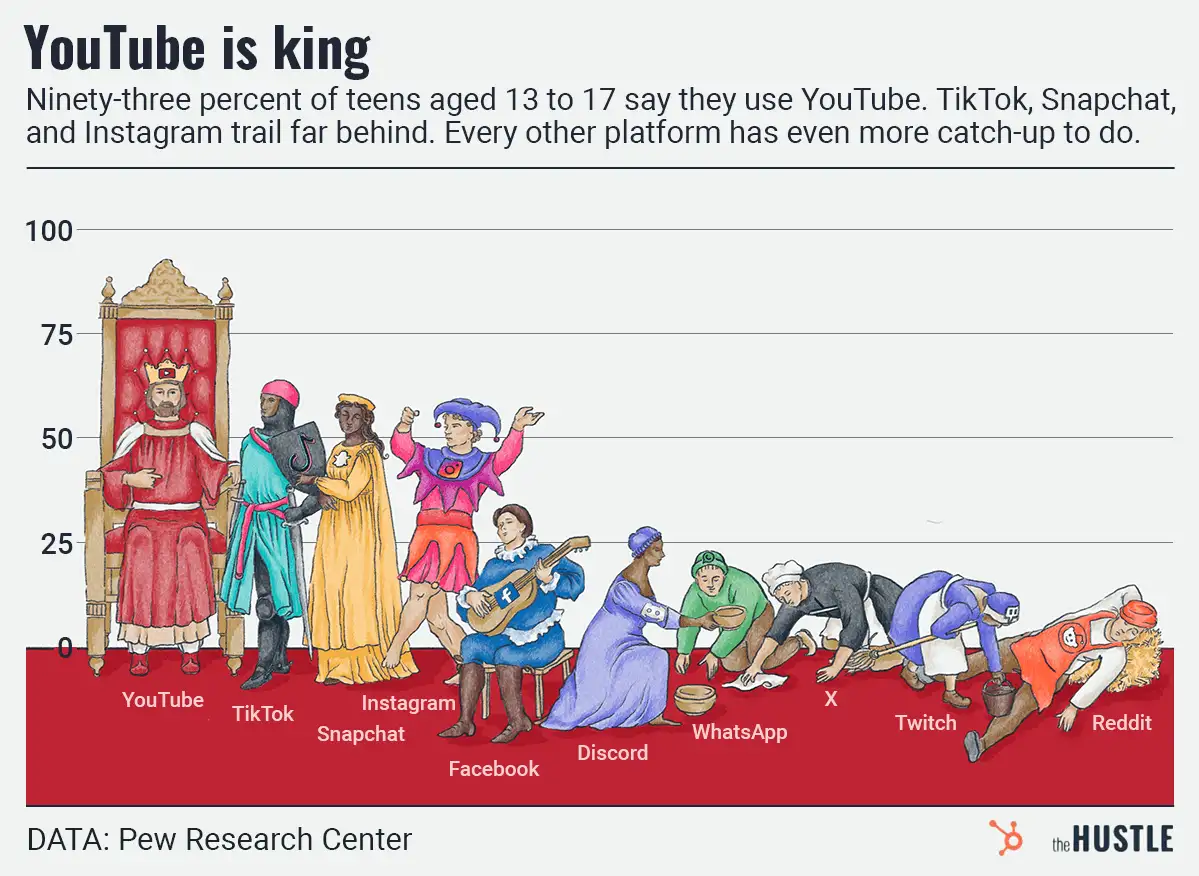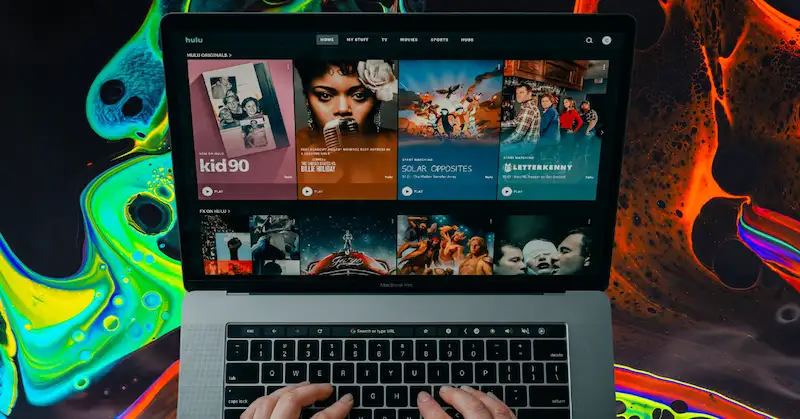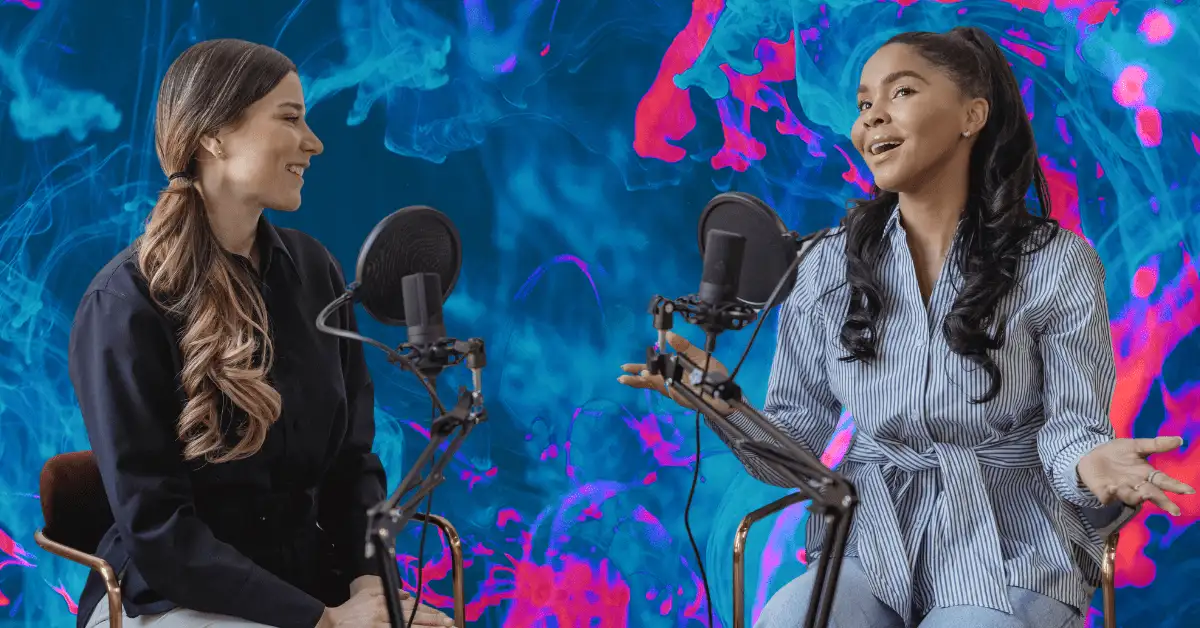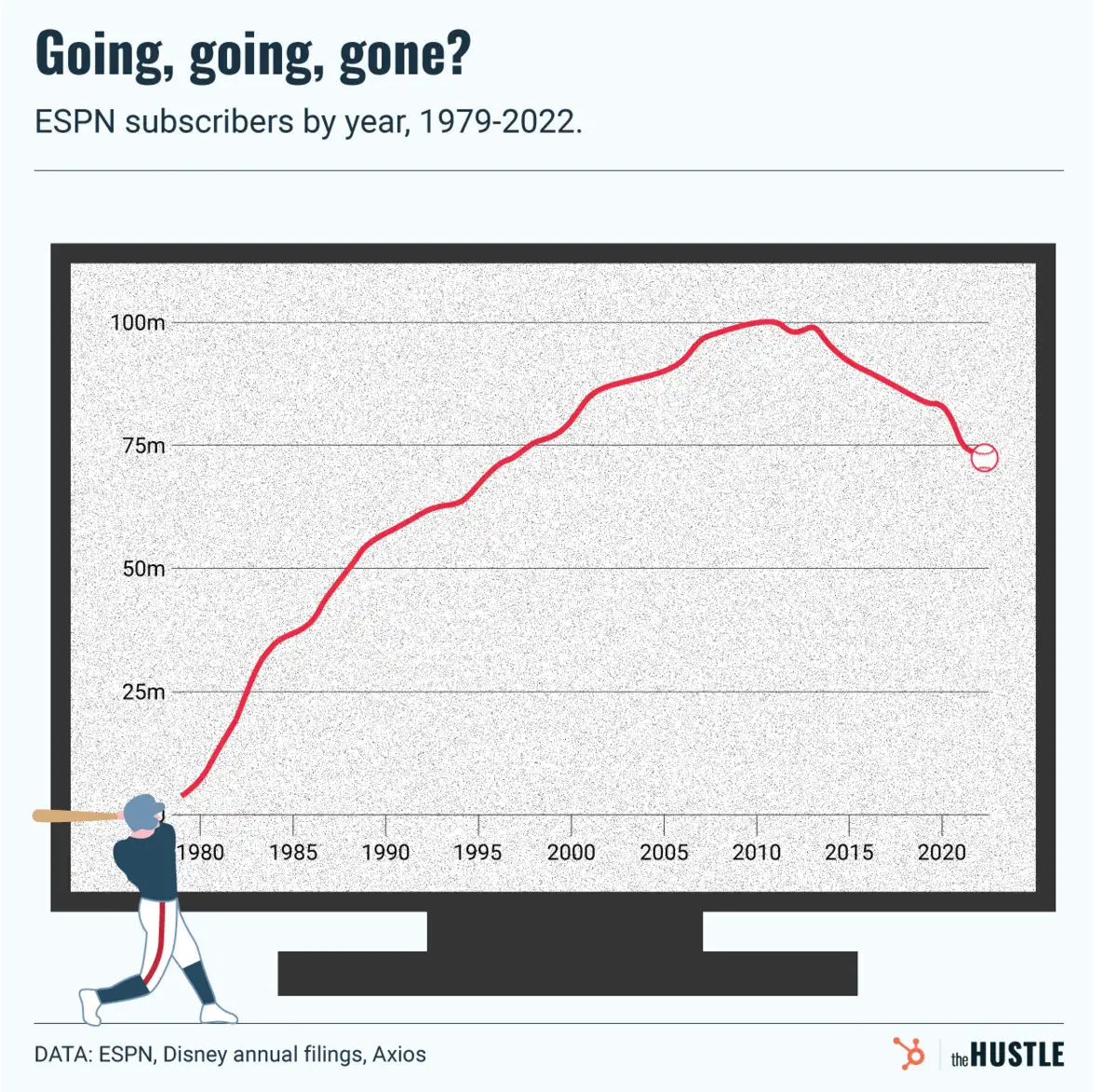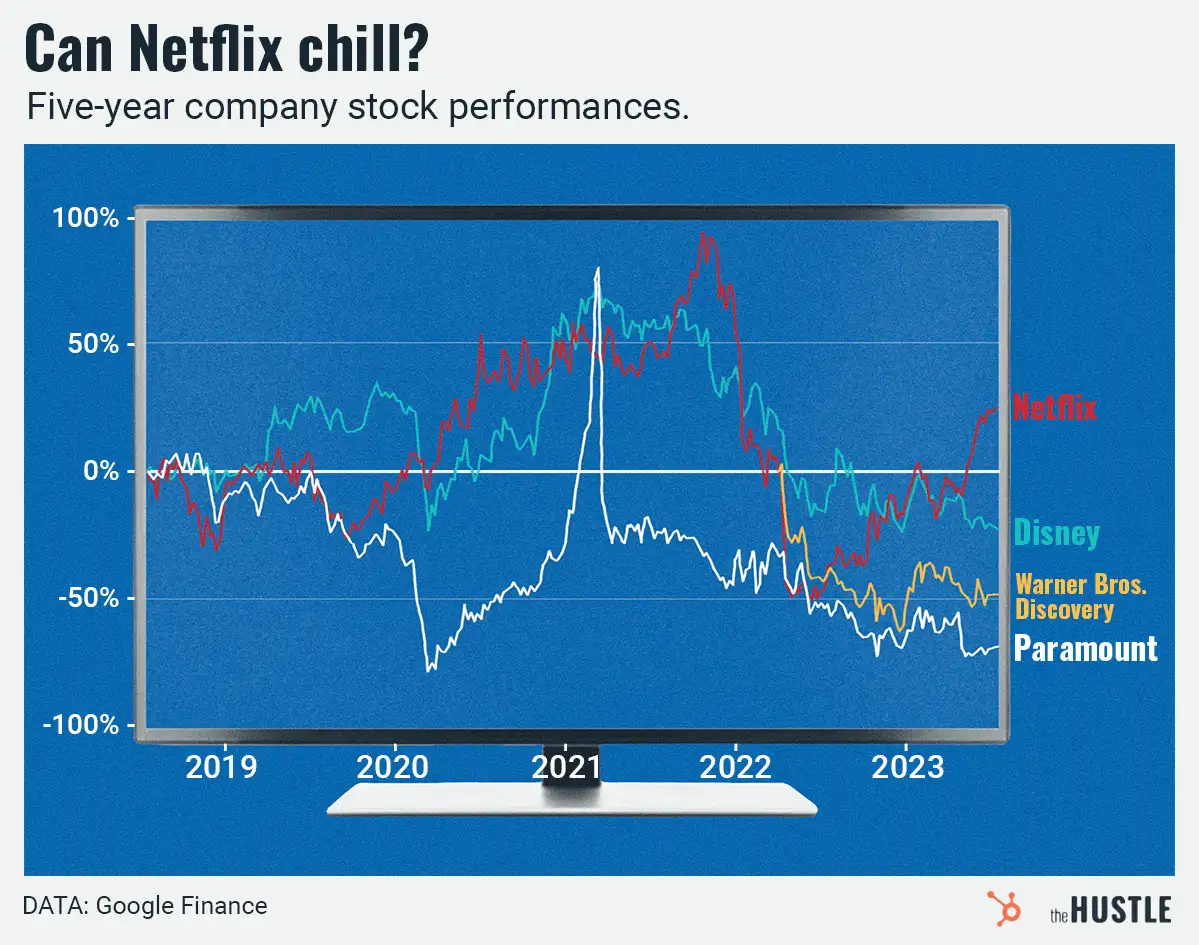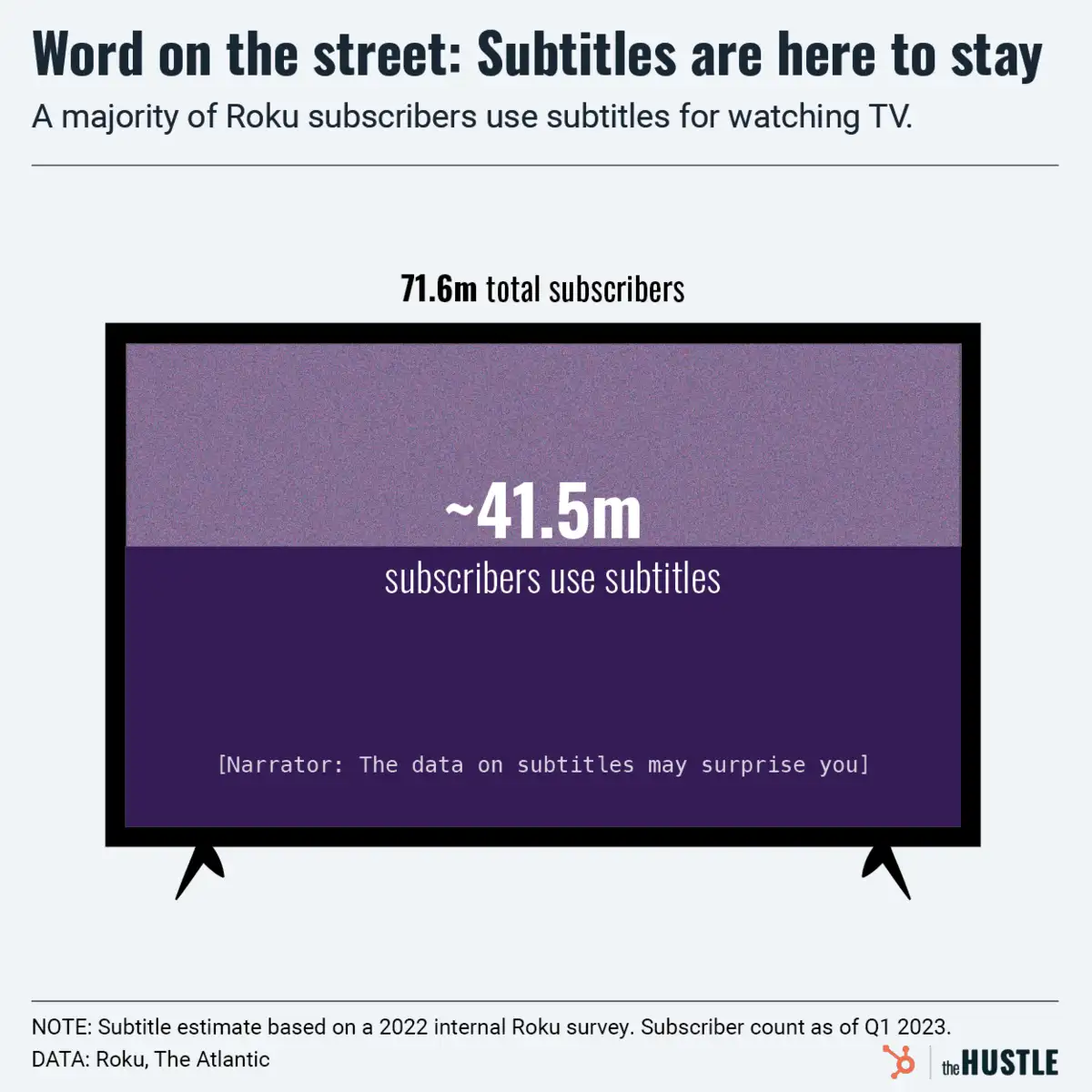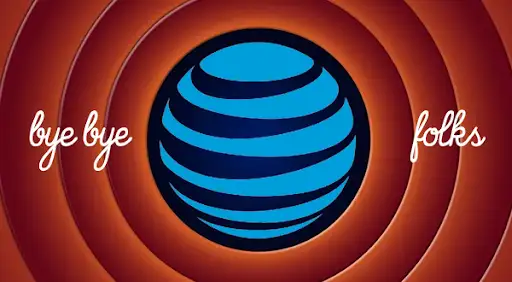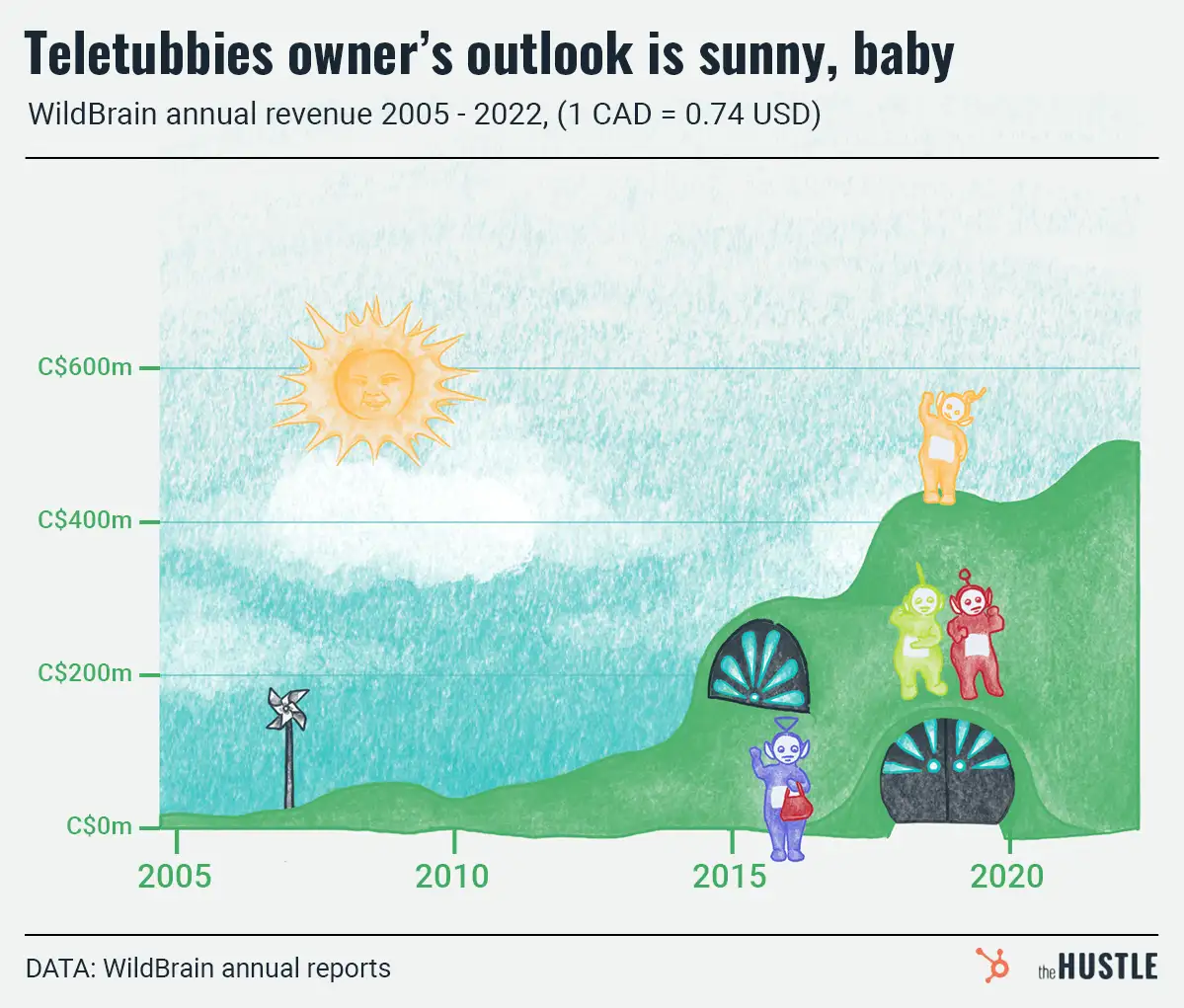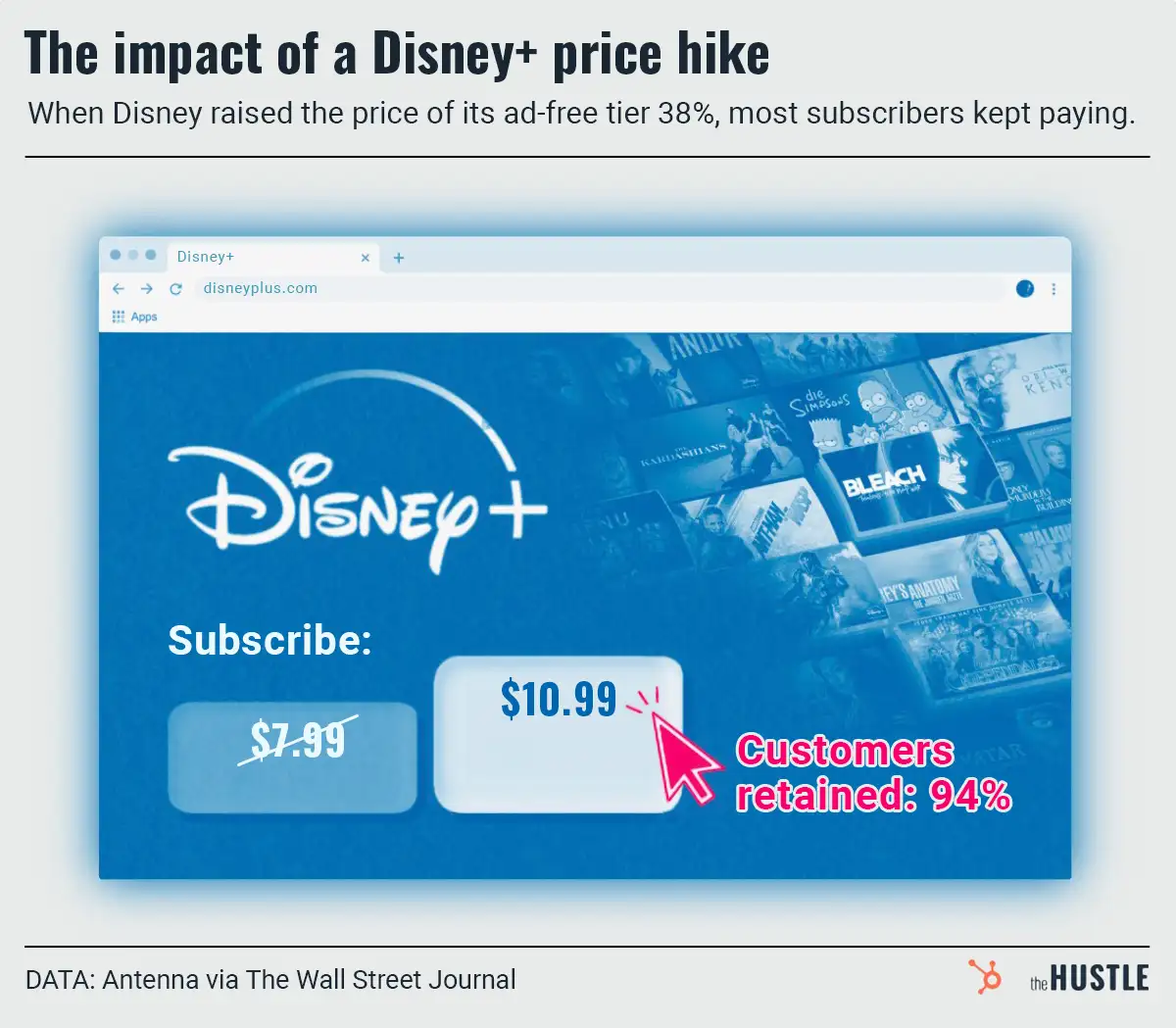Photo by Douglas P. DeFelice/Getty Images
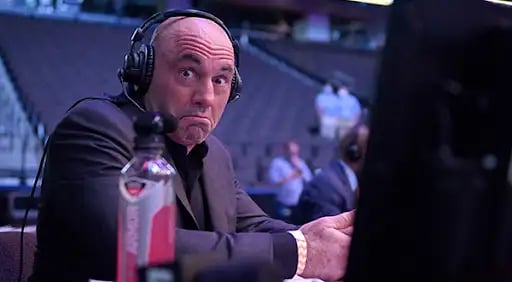
In May 2020, Joe Rogan signed a $100m+ licensing deal with Spotify giving the streaming platform exclusive access to his podcast.
Spotify’s market cap jumped by ~$4B within a day of the announcement. On paper, the deal looked like a win-win.
A new report from The Verge suggests Spotify got the better end of the deal.
Since going exclusive, Rogan has lost influence
Spotify hasn’t revealed Rogan’s listenership numbers, so the report looked at a variety of secondary metrics before and after the signing, including:
- Twitter followers: Pre-Spotify, Rogan’s guests averaged 4k new followers after an appearance on the show; since going exclusive, that number has dropped to 2k.
- Google Trends: In 2020, Rogan maintained steady interest and regular spikes; since going exclusive, his baseline interest has dropped and he’s only spiked 2x.
- YouTube subscribers: Pre-Spotify, Rogan averaged 265k new YouTube subscribers per month; post-deal, he’s averaging 100k.
Rogan isn’t the 1st big name to lose influence after going exclusive
When the deal was announced, Andrew Wilkinson of Tiny compared the move to Howard Stern’s deal with Sirius, arguing that Rogan got ripped off.
Citing Stern’s waning cultural influence, he questioned whether Rogan’s payout was worth the trade-offs of going exclusive. Specifically:
- Losing a direct relationship with subscribers
- Building Spotify’s recurring revenue instead of his own
- Serving a smaller audience and having less impact
Who needs influence when you can get the bag?
Seeing the downsides of exclusivity firsthand will likely influence up-and-coming podcasters facing similar decisions.
Alex Cooper of Call Her Daddy and Dax Shepard of Armchair Expert both signed exclusive deals with Spotify recently — will others be so fast to follow suit?
In Rogan’s case, it’s hard to argue with a $100m+ payday, but there’s still a good chance he sold himself short.

